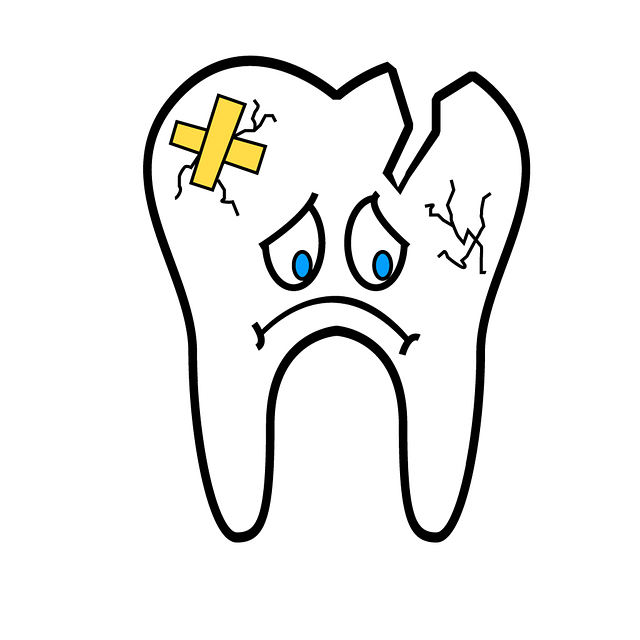What causes cavities?

Cavities, also known as dental caries or tooth decay, are a common dental problem that affects people of all ages. They occur when the outer layer of the tooth, known as the enamel, is damaged and allows bacteria to enter the inner layers of the tooth. This can result in pain, sensitivity, and even tooth loss if left untreated. In this article, we will explore the main causes of cavities in teeth and how to prevent them.
The primary cause of cavities is the buildup of plaque on the teeth. Plaque is a sticky film of bacteria that forms on the teeth and gums. When we eat sugary or starchy foods, the bacteria in plaque produce acids that can erode the enamel of our teeth. Over time, this can create small holes or pits in the tooth, which are known as cavities.
Another cause of cavities is poor oral hygiene. If you don’t brush and floss regularly, plaque can build up on your teeth, leading to the development of cavities. This is why it’s essential to brush your teeth twice a day with fluoride toothpaste and floss daily to remove plaque and food particles from between your teeth.
Certain foods and drinks can also contribute to the development of cavities. Sugary and acidic foods and beverages, such as candy, soda, and fruit juices, can increase the amount of acid in your mouth, leading to enamel erosion and cavities. It’s essential to limit your consumption of these types of foods and drinks and to rinse your mouth with water after consuming them.
Dry mouth, or a lack of saliva, can also contribute to the development of cavities. Saliva plays an essential role in neutralizing acids in the mouth and washing away food particles and bacteria. If you have a dry mouth, either due to medication or a medical condition, you may be at higher risk of developing cavities. In this case, your dentist may recommend using an artificial saliva substitute to help protect your teeth.
Genetics may also play a role in the development of cavities. Some people may be more prone to cavities due to the shape and structure of their teeth or their saliva composition. If you have a family history of cavities, it’s important to take extra care of your teeth and see your dentist regularly for checkups.
Finally, poor nutrition and overall health can contribute to the development of cavities. A diet that is high in sugar and low in essential vitamins and minerals can weaken your teeth and make them more susceptible to decay. Additionally, certain medical conditions, such as diabetes, can increase your risk of developing cavities.
Preventing cavities is essential for maintaining good oral health. Here are some tips to help you prevent cavities:
- Brush your teeth twice a day with fluoride toothpaste
- Floss daily to remove plaque and food particles from between your teeth
- Limit your consumption of sugary and acidic foods and drinks
- Rinse your mouth with water after consuming sugary or acidic foods and drinks
- Chew sugar-free gum to stimulate saliva production and neutralize acid in the mouth
- Use an artificial saliva substitute if you have a dry mouth
- See your dentist regularly for checkups and cleanings
- Maintain a healthy diet that is high in essential vitamins and minerals
If you do develop a cavity, it’s important to see your dentist as soon as possible. Cavities can be treated with fillings, which involve removing the decayed portion of the tooth and filling the cavity with a dental material, such as composite resin or porcelain. In severe cases, a root canal or extraction may be necessary to save the tooth.